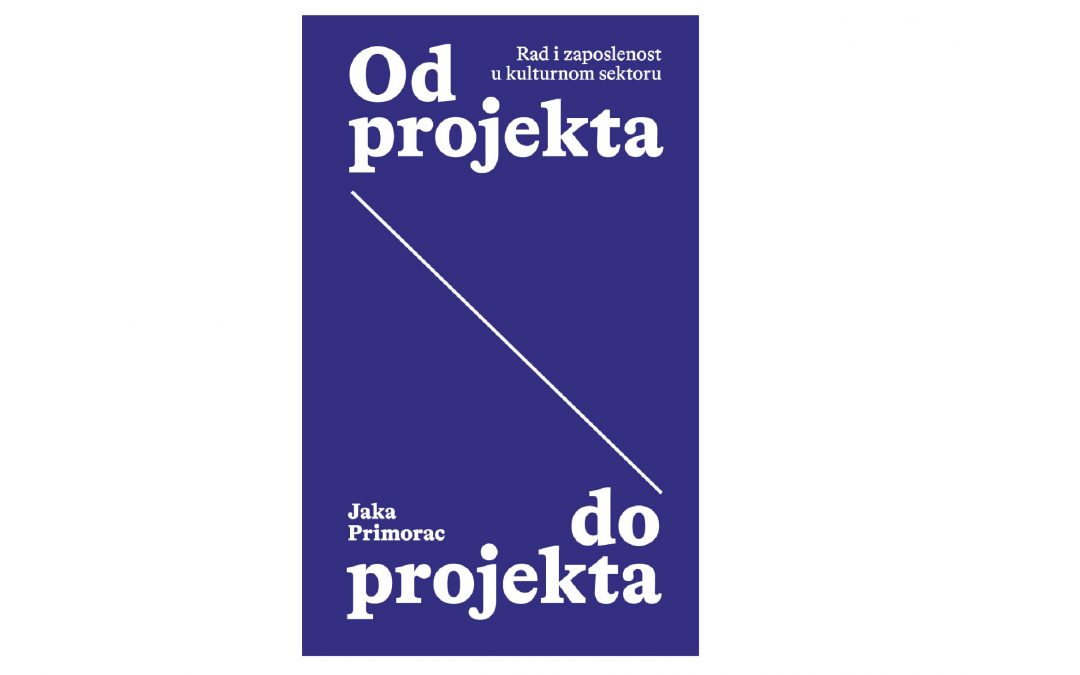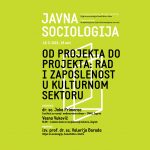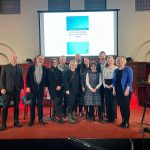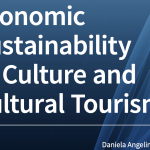The book ‘From project to project: Work and employment in the cultural sector’ by Dr Jaka Primorac, Senior Research Associate from the Department for Culture and Communication has been published by BLOK, Zagreb. The book analyses the field of culture from the perspective of work and working conditions of cultural producers. Focusing on the cultural-political framework and the structure of employment and the characteristics of the work in the sector, the study points to the consequences of increasingly strong projectisation of cultural production: growing insecurity and underpayment of a large number of cultural workers and artists. The first chapter introduces us to the topic of the study and offers arguments for acknowledging and recognizing work as the foundation of any cultural and artistic production. The following chapter provides a mass of data on the structure of employment and the basic characteristics of work in the cultural sector in Croatia and thus outlines a broader political and economic context important for understanding project-based work that dominates the field. The third chapter analyses the various consequences that the projectisation of cultural production has on working conditions and inequalities in the field, while the fourth chapter looks at the topic from the perspective of public policies and regulation of work in culture. The concluding fifth chapter summarizes the previously presented arguments and sets a clear demand for developmental public policies that will enable paid work and better working conditions in the field of culture, as well as the wider preservation of culture as a public good.
EDITORS: Dunja Kučinac and Vesna Vuković
REVIEWERS: Biserka Cvjetičanin, PhD; associate professor Valerija Barada, PhD
The book is available in Croatian in .pdf format at the following link.
From reviews:
“Starting from the current position of cultural workers, but at the same time broadening the context towards historical and broader sociopolitical and cultural processes in which it finds sources of non-recognition of artistic and cultural work as work, the study can be directly used in advocacy and policy debates.”
(Valerija Barada, PhD, Department for Sociology, University of Zadar)
“Demonstrating a deep understanding of the problem of project-flexible type of cultural work, the author raises a number of questions and advocates new forms of funding for work that must be fairly paid within the system ‘in which culture and art are understood as a public good’.”
(Biserka Cvjetičanin, PhD, Institute for Development and International Relations)






